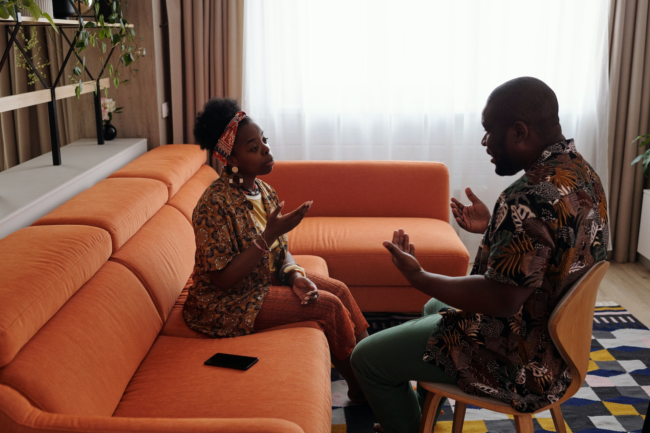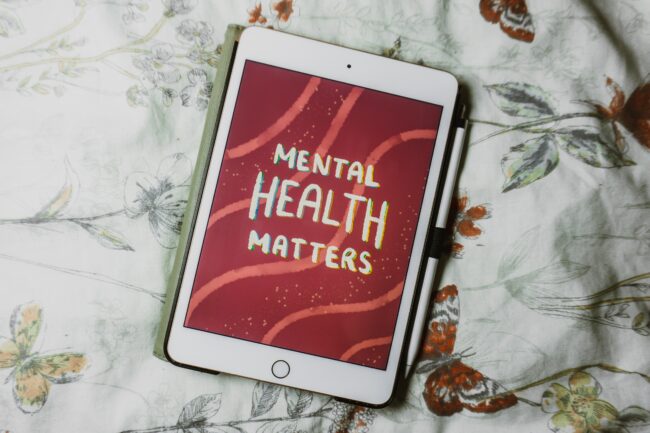Humility In Leadership and Its Importance
“True humility is not thinking less of yourself; it is thinking of yourself less.” – Rick Warren
It can be tempting to grow fixated on status when in a position of leadership. The best leaders, however, are unselfish and more concerned with the well-being of their team than with their titles. Leaders must focus on their workers more than they do on themselves. When a leader believes they are superior to their subordinates, there can be no leadership success. Additionally, teams or followers under the stated leadership exhibit low productivity and significant turnover.
To be a leader, however, is to motivate, encourage, and assist people in becoming their best selves while simultaneously developing their abilities and attaining their objectives. It is not a zero-sum problem. The opportunities for others to lead are strengthened rather than diminished when one individual uses their leadership abilities positively. This is due to the fact that the essence of leadership is enabling others to become successful leaders as well. Due to this, many legendary leaders have outstanding mentors who they credit with their success. As an individual starts to embrace their role as a leader, they inexorably connect with others who have already perfected the art of leadership.
It requires dedication to acquire outstanding leadership abilities. Setting objectives is essential, and perfecting a skill takes practice. To see your impact increase, you need to exercise your leadership muscles daily. More importantly, unless a person with influence guides their team in the direction of an idea’s realization, it will always remain just an idea and will not come to fruition.

Photo source: Rodnae Productions
What Constitutes a Good Leader
Before acting, the world’s finest leaders are all focused on a specific goal. Being strong and resilient is a result of having a purpose. Since the purpose is what keeps a person going when times are difficult, being without it makes one far more vulnerable to things with bad implications. Possessing strong leadership qualities is fantastic and entirely natural. It is advised to turn toward the motivation that drives you to accomplish so successfully.
Humility in Leadership
-
Be the change
Always keep in mind that as a leader, your team looks on you to set the bar high. By observing your work patterns, you can always make sure the team sees a high quality. The next step is to figure out how to motivate and influence your team to change through your example.
-
Consider yourself a leader, not a manager
Each member of your team ought to feel respected, empowered, and appreciated after meeting with you one-on-one. Someone who has this mindset will surely be a strong player for the team. While a manager sees his or her team as a means to an end, a leader sees each team member as equally vital.
-
Get your ego out of the way
This might be a difficult rule to abide by when confronted with a difficult decision or demanding personality. One of the most important ways for a leader to display humility is to maintain objectivity. Your team will have a lot of respect for you if they know they can rely on you to put your ego in check and make decisions that will benefit everyone on the team equally. They will not be as trusting of you, on the other hand, if they believe that you prioritize your needs over those of others. People do not want to work for a leader they cannot trust. Getting a trustworthy colleague’s perspective can be a smart method to remove your ego from the decision-making process. You will better understand the situation if you hear the viewpoint of a third party.
Your team will notice a change the moment you choose to lead with humility. You will consequently see a difference right away. Humility in leadership will benefit both your business and you personally as it helps to feel better about your team, your work, and yourself.
Leave your messages in the comments below or visit our socials to leave any questions you may have.
Dominion TV, Africa’s Christian Lifestyle Network for Inspired and Empowered Living.






















